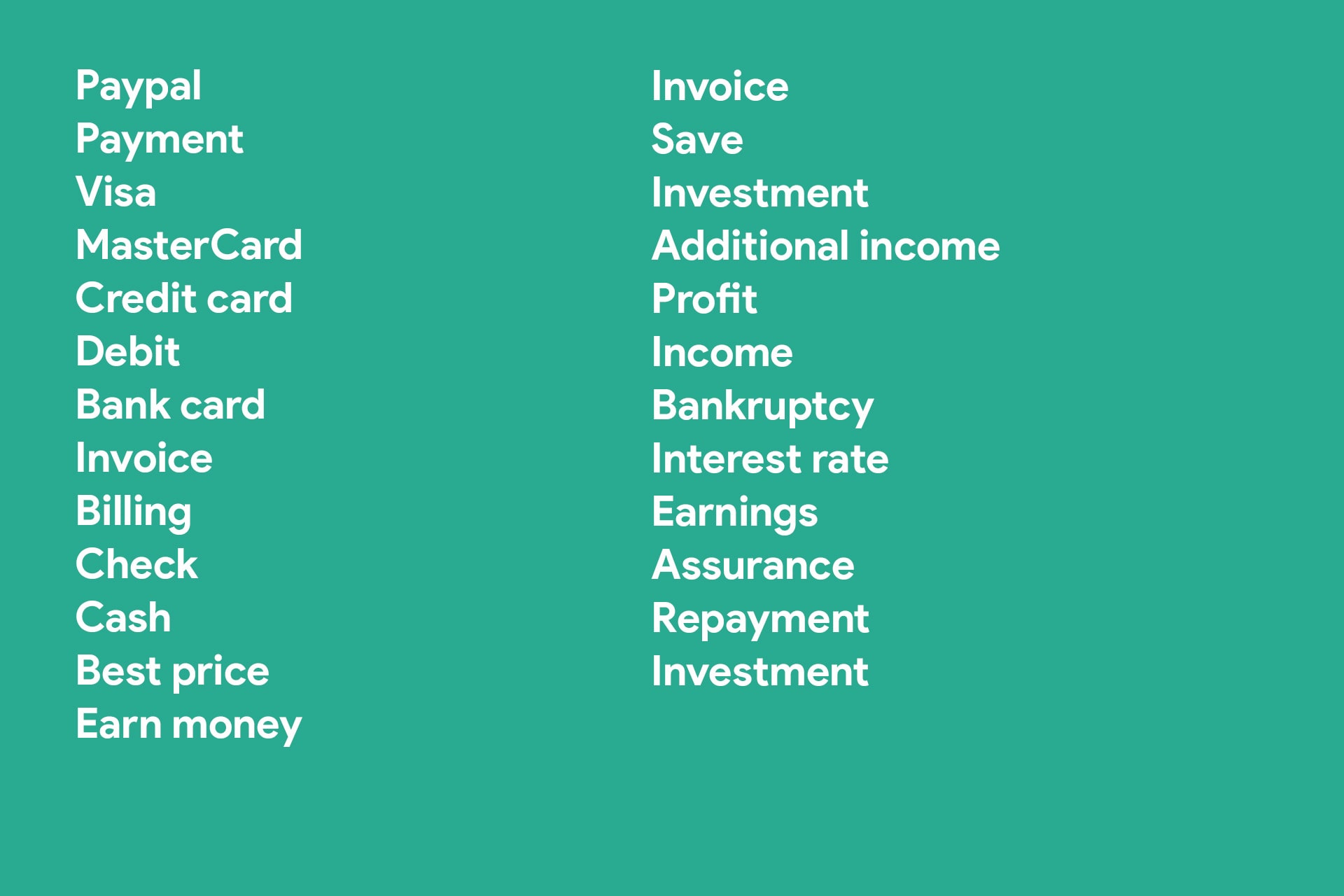If you observe the good practices of emailing, your shipment should arrive in the recipient’s box. However, despite the best will of the world, it happens that your email, as legitimate as it is, lands in the unwanted. Thus, to prevent anti-spam filters into this bad category, it is essential to choose the words and expressions that you use in your online shipment.
The power of words and that should not be written in emailing
There is a list of words and phrases considered suspects or at risk by email providers. These will be detected, trigger a kind of alarm signal and the anti-spam filters will probably place your email in unwanted to protect the recipient.
Before revealing these same words, it is important to put things back in context. The use of one or two of them will not necessarily send you immediately in the SPAM box. The filters are increasingly evolved and allow the shade. It’s a question of context and reasoned employment.
If your email contains a very large number of these words and formulations, punctuation and / or an excessive use of capital letters, etc., then indeed that will not pass.
If your email contains here and there some of these words, but that the rules of emailing are followed, that the content is clean and well constructed, that you have a good reputation as sender, it should then arrive quietly to destination.
The different categories of words to banish in emailing
Promises, statements and exaggerations

Words to manipulate and encourage acting quickly (creating a sense of emergency)

Words making a gain

Words related to the idea of money and payment

Words playing on necessity, despair, privacy

The words too specific to marketing and the idea of sale

The words belonging to the pharmaceutical domain

Thus, these words are triggers of spam and can quickly To rock your fine email from the wrong side of the receipt of your recipients who will not receive your communication. It is for this reason that it is essential not to use them or use with accuracy and parsimony. To maximize your chances, avoid placing them in object of your message. It certainly requires a little effort, a good dosage and a lot of creativity, but the results of your campaign will only be better.







